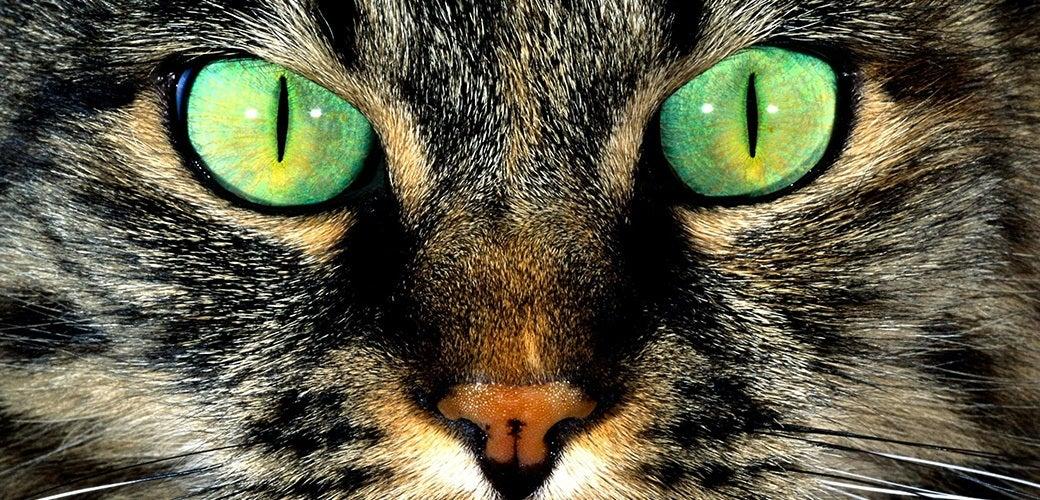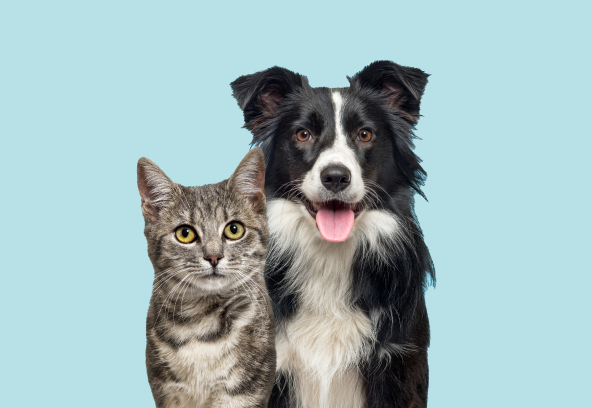
Preventing Cancer In Cats

Unfortunately no one can prevent cancer but there are some things you can do to decrease the likelihood of cat cancer...
Facing the potential of cancer in your beloved pet is one of the scariest things imaginable.
Although cats don’t get cancer as commonly as dogs and people, cancer in cats tends to be more aggressive. Whilst you can’t totally prevent it, there are some things you can do to reduce the chances of your cat being susceptible to cancer...
- Spaying or neutering your cat is something that is recommended for all cats for population control, however, for female cats, being spayed at a young age will significantly reduce their chances of developing breast tumours. Ideally, female cats should be spayed prior to their first heat cycle – this will nearly eradicate the possibility of breast cancer.
- A high quality diet is essential to maintain your cat’s health and strengthen their immune system. There is evidence that fatty acids in a diet (like EPA and DHA) can be helpful in both preventing cancer and in feeding cats that have cancer.
- Overfeeding should be avoided. Fat is part of the endocrine system and secretes hormones and other substances that can have negative effects, such as increasing inflammatory responses. This means obesity can make your cat more prone to various types of cancer.
- Second hand smoke can affect your cat’s lungs and contribute to cancer just like in humans. At the very least, owners should avoid smoking around their pets.
- Use household and garden chemicals with caution. Your cat can be exposed to garden chemicals if they’re used in areas your cat likes to hang out. Avoid using pesticides and other known cancer-causing chemicals on your garden and in your house.
- Viruses such as the feline leukaemia virus and the feline immunodeficiency virus can be potential causes of cancer as well. Have your cat tested for these diseases.
It’s important to take your cat in for regular check-ups because early detection and treatment is the best chance for a successful outcome if cancer is detected. Hopefully with these measures you can minimise your risks of this awful disease!
Related news
Loading posts

